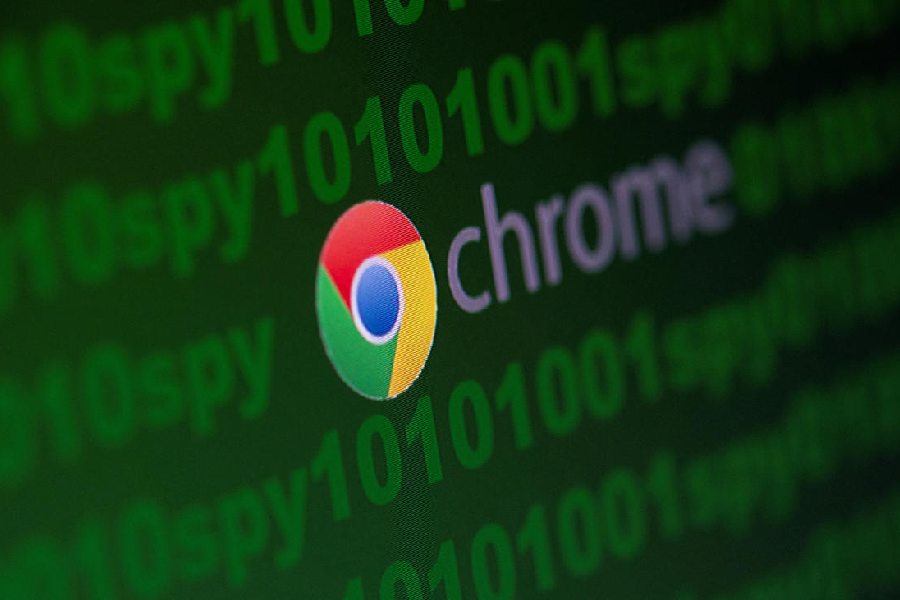The Justice Department and a group of states asked a federal court late on Wednesday to force Google to sell Chrome, its popular web browser, a move that could fundamentally alter the $2 trillion company’s business and reshape competition on the internet.
The request follows a landmark ruling in August by Judge Amit P. Mehta of the US District Court for the District of Columbia that found Google had illegally maintained a monopoly in online search.
Judge Mehta asked the Justice Department and the states that brought the antitrust case to submit solutions by the end of Wednesday to correct the search monopoly.
Beyond the sale of Chrome, the government asked Judge Mehta to give Google a choice: either sell Android, its smartphone operating system, or bar Google from making its services mandatory on phones that use Android to operate. If Google broke those terms, or the remedies failed to improve competition, the government could force the company to sell Android at a later date.
In a sweeping filing, the government also asked the judge to stop Google from entering into paid agreements with Apple and others to be the automatically selected search engine on smartphones and in browsers. Google should also be required by the court to allow rival search engines to display the company’s results and access its data for a decade, the government said.
The proposals are the most significant remedies requested in a tech antitrust case since the Justice Department asked to break up Microsoft in 2000. If Judge Mehta adopts the proposals, they will set the tone for a string of other antitrust cases that challenge the dominance of tech behemoths, including Apple, Amazon and Meta.
Being forced to sell Chrome and Android would be among the worst possible outcomes for Google. Chrome, which was introduced in 2008 and is free to use, is the most popular web browser in the world, with an estimated 67 per cent of the global browser market, according to Statcounter, which compiles tech market data. Google’s search engine is bundled into Chrome.
Android is the world’s most popular mobile software, with an estimated 71 per cent of the market, according to Statcounter. The system is open-source, meaning that Samsung and other phone manufacturers do not have to pay Google for its use. But most Android devices come with Google’s apps already installed.
Both are part of an elaborate Google ecosystem that keeps people using the company’s products.
“The playing field is not level because of Google’s conduct, and Google’s quality reflects the ill-gotten gains of an advantage illegally acquired,” the government said in the filing.
“The remedy must close this gap and deprive Google of these advantages.”
New York Times News Service











